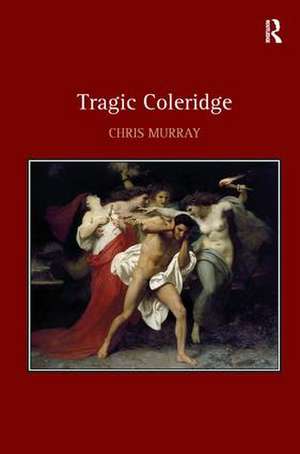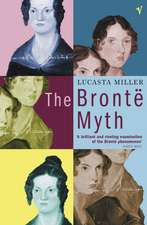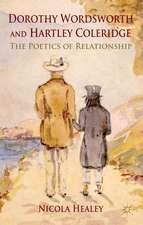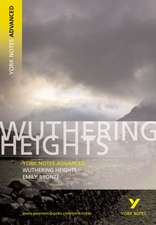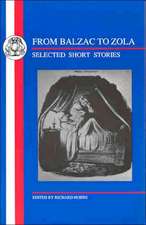Tragic Coleridge
Autor Chris Murrayen Limba Engleză Hardback – 14 iun 2013
| Toate formatele și edițiile | Preț | Express |
|---|---|---|
| Paperback (1) | 258.09 lei 6-8 săpt. | |
| Taylor & Francis – 14 oct 2024 | 258.09 lei 6-8 săpt. | |
| Hardback (1) | 1056.28 lei 6-8 săpt. | |
| Taylor & Francis – 14 iun 2013 | 1056.28 lei 6-8 săpt. |
Preț: 1056.28 lei
Preț vechi: 1288.15 lei
-18% Nou
Puncte Express: 1584
Preț estimativ în valută:
202.17€ • 210.27$ • 169.42£
202.17€ • 210.27$ • 169.42£
Carte tipărită la comandă
Livrare economică 14-28 martie
Preluare comenzi: 021 569.72.76
Specificații
ISBN-13: 9781409447542
ISBN-10: 1409447545
Pagini: 200
Dimensiuni: 156 x 234 x 13 mm
Greutate: 0.5 kg
Ediția:New.
Editura: Taylor & Francis
Colecția Routledge
Locul publicării:Oxford, United Kingdom
ISBN-10: 1409447545
Pagini: 200
Dimensiuni: 156 x 234 x 13 mm
Greutate: 0.5 kg
Ediția:New.
Editura: Taylor & Francis
Colecția Routledge
Locul publicării:Oxford, United Kingdom
Public țintă
AcademicCuprins
Contents: Introduction: Romantic tragedy and tragic Romanticism; Coleridge’s tragic influences; Hamartia and suffering in the poetical works; The catastrophes of real life; The tragic ’impulse’: fragments and Coleridge’s forms of incompletion; The Lear vocation: Coleridge and Romantic theatre; The tragic sage; Failed sacrifices and the un-tragic Coleridge: Conclusion: ’The sage, the poet, lives for all mankind’, Bibliography, Index.
Notă biografică
Chris Murray is an IAS Junior Research Fellow in the Department of English Studies at Durham University. His research centres on Romanticism, and explores the dialogues British Romantic authors create with Classical literature, Irish studies, and Orientalism.
Recenzii
'...a significant contribution to the study of Coleridge and to the concept of Romantic Tragedy more widely.' Sally West, University of Chester, UK, author of Coleridge and Shelley: Textual Engagement 'Murray’s work posits several challenges to existing criticism... and indicates the way towards enticing paths for future study.' The Byron Journal ’Vigorous and engaging... [Murray’s] claims ... are strong, and readers will likely find their understanding of both Coleridge and tragedy enriched by this book.’ International Journal of the Classical Tradition '...a close textual analysis that shows how tragedy functions in Coleridge's works,... a book that, through the examination of a specific and quite neglected aspect of Coleridge's work, sheds light on different fields of the poet's production.' BARS Review 'A concise and minutely researched account, written in a lively and trenchant style, and including many nuances of argument... What makes Tragic Coleridge so stimulating is that it often chooses to live dangerously in following where the sensibility of Coleridgean tragedy might lead.' The Wordsworth Circle 'Refreshing and original ... Coleridge the man is not divorced from Coleridge the poet, the dramatist, or even the ’sage’ and this results in a critical study which is finely balanced.' Romanticism
Descriere
Murray contends that cycles of catastrophe and catharsis are everywhere in the works of Samuel Taylor Coleridge, who viewed the hardships of his lifetime, like the catastrophes of Greek tragedy, as stages in a process of humanity’s purification. Offering new readings of canonical poems, as well as neglected plays and critical works, Murray elaborates Coleridge’s tragic vision in relation to Romantic contemporaries and tragic theorists from Aristotle to Steiner.
